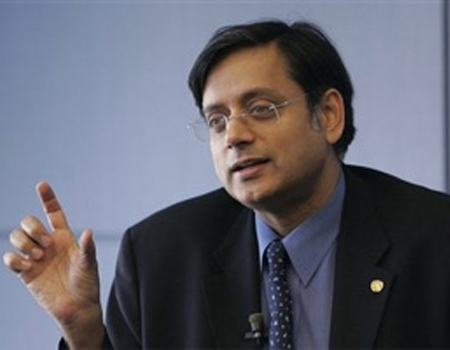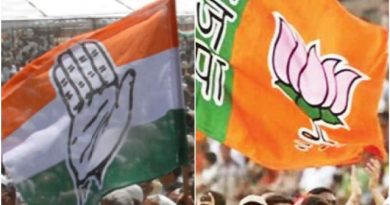| |
|---|
News Desk: Former human resource and development minister Shashi Tharoor has welcomed the new National Education Policy, but questioned the government for not introducing it in the Parliament first.

In a series of tweets, the veteran Congress leader has critically examined some of the changes implemented under the new education policy. “There is much to welcome in what we have seen of the #NewEducationPolicy2020 announced by @DrRPNishank. A number of suggestions made by some of us seem to have been taken into account. However,the question remains why this was not brought before Parliament first for discussion,” Tharoor said in his first tweet.
Citing the need for a new National Education Policy, Tharoor said, “I’ve advocated revision of the 1986 National Education Policy since my days in MHRD, to bring it into the 21st century. I am glad the Modi Govt has finally grasped the nettle, even if it took them six years to do so.” However, the “challenge is to ensure aspiration is matched by implementation,” he added.
Under the new policy, the government aimed to increase public spending on education to nearly 6% of gross domestic product (GDP) from around 4% now. Tharoor asked the how Modi government is planning to implement it in future.
“For instance, the goal of 6% of GDP to be spent on education was first articulated in 1948! Every Govt articulates this target& then comes up against its own Finance Ministry. In the last 6 years, ModiGovt expenditure in education has declined in real terms. How will it reach 6%?” he added.
Talking about government’s plan to increase the number of students in the higher education institution, “The goals of 50% Gross Enrolment Ratio in higher education and 100% in secondary school are laudable, but when you realise it’s currently 25.8% in Higher Edn & 68% in Class 9, you wonder if such targets are any more realistic than the Govt’s solar-energy commitments at Paris.”
“The NEP should have offered more tangible&realisable targets for research. Total investment on research& innovation in India declined from 0.84% of GDP in 2008 to 0.6% in 2018. There are currently only 15 researchers in India per 100,000 of population, compared with 111 in China,” Tharoor said.
He also asked some detailed explanation of some of the proposals of new education policy. “Some proposals need detailed explanation. eg Instead of strengthening woeful school infrastructure, NEP suggests school complexes as a solution to this problem, sharing resources spread over a large geographical area. How wld this work in practice? Kids can’t go miles for basics!” he added.
He further wrote, “NEP also glosses over the desperate need for qualified& trained teachers in schools,of whom we have a critical shortage. Placing the burden of pre-primary education on over-stretched, under-funded &under-equipped anganwadis is disastrous. Where will the addnl resources come from?”
“Overall, my worry is the NEP showcases a strong tendency towards centralisation, high aspiration w/low feasibility,& an unspoken assumption that much of the challenge will be met by the private sector, which will drive up costs & make many opportunities unaffordable for the poor,” Tharoor added.
Concluding his tweets, Tharoor added that he is looking forward to “a constructive discussion” on National Education Policy in the parliament.”That said, there is much to admire in the #NewEducationPolicy2020 &I look forward to a constructive discussion in Parliament,in which these concerns can be addressed &clarifications given. I commend @DrRPNishank &his team for their efforts,” he said in his final tweet.
The central government on Wednesday unveiled National Education Policy 2020. From recommending primary education in local languages to one central regulator for higher education institutions, except medical and legal courses, there is a host of changes proposed under the new policy.




